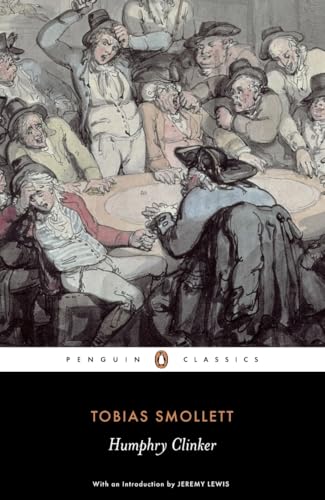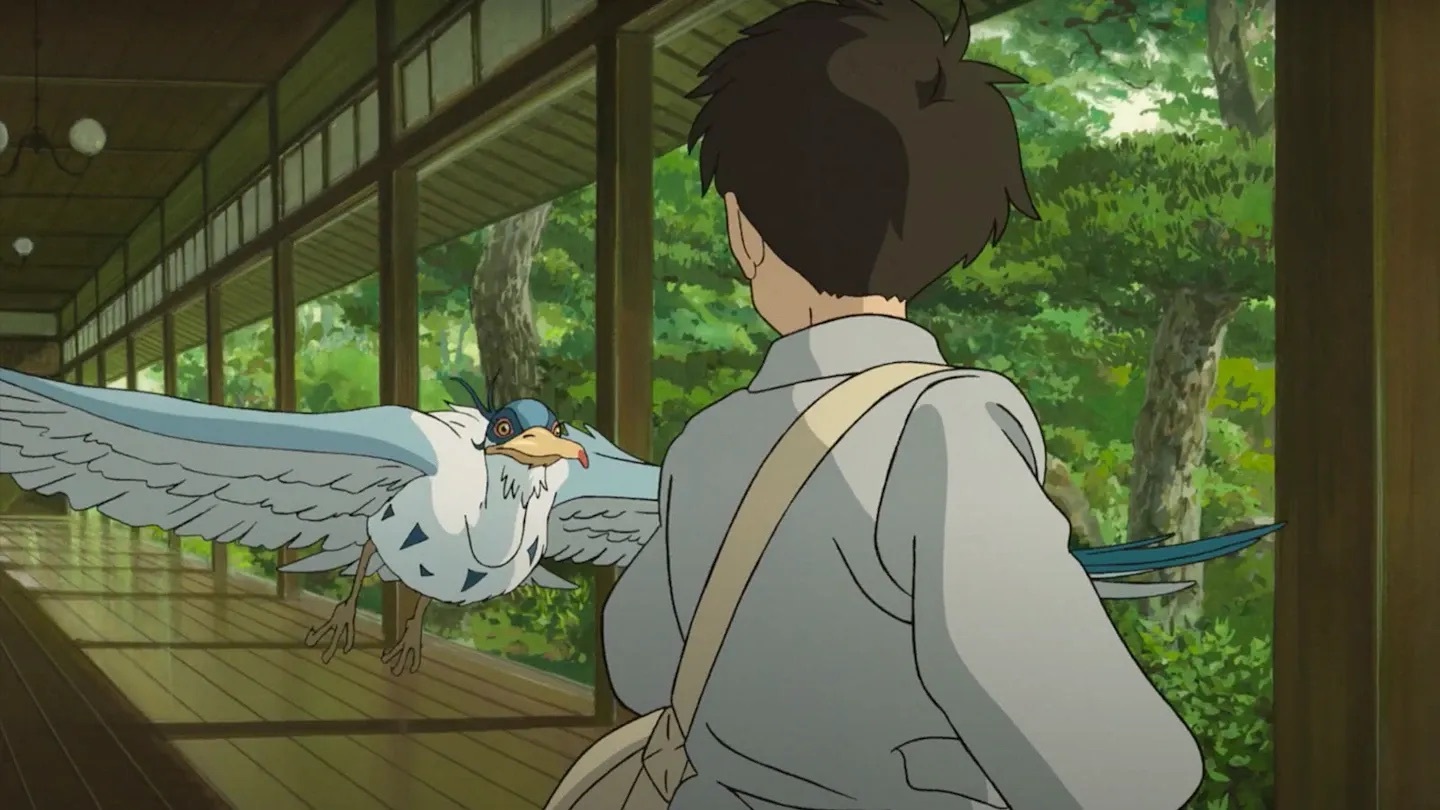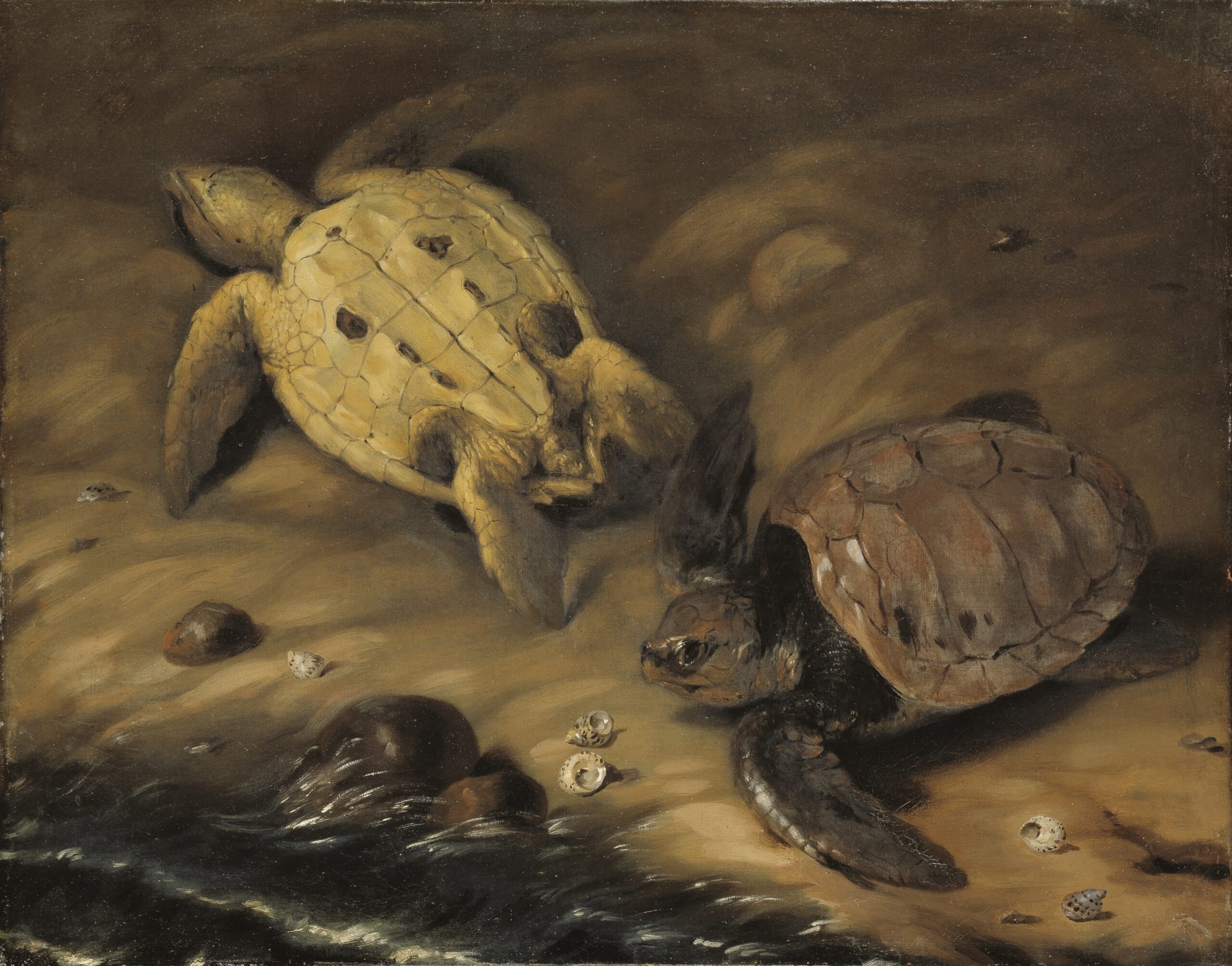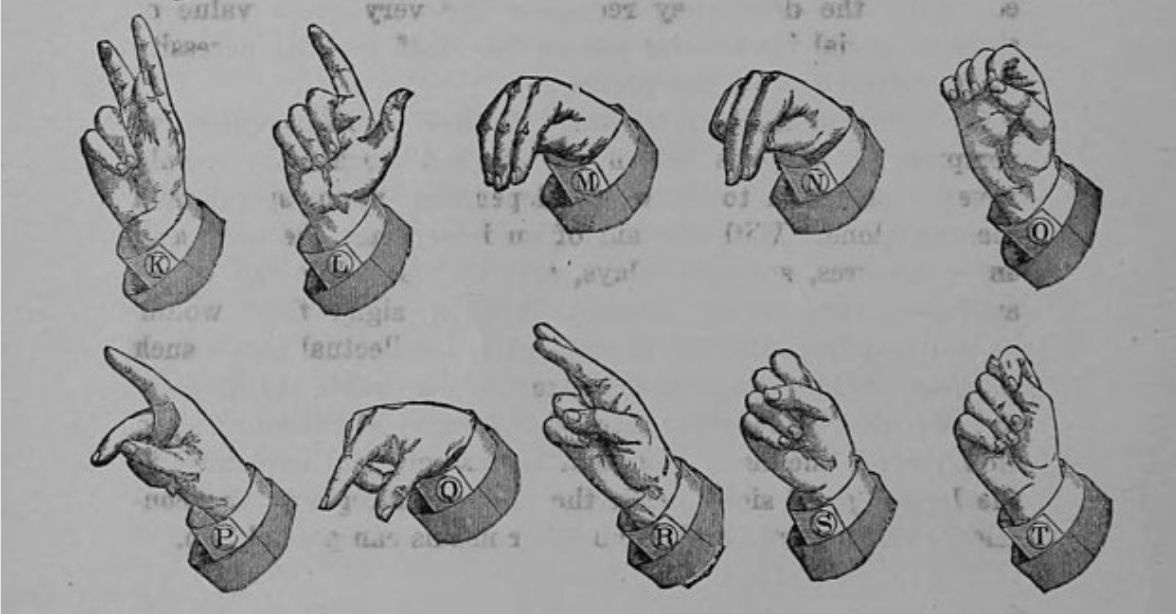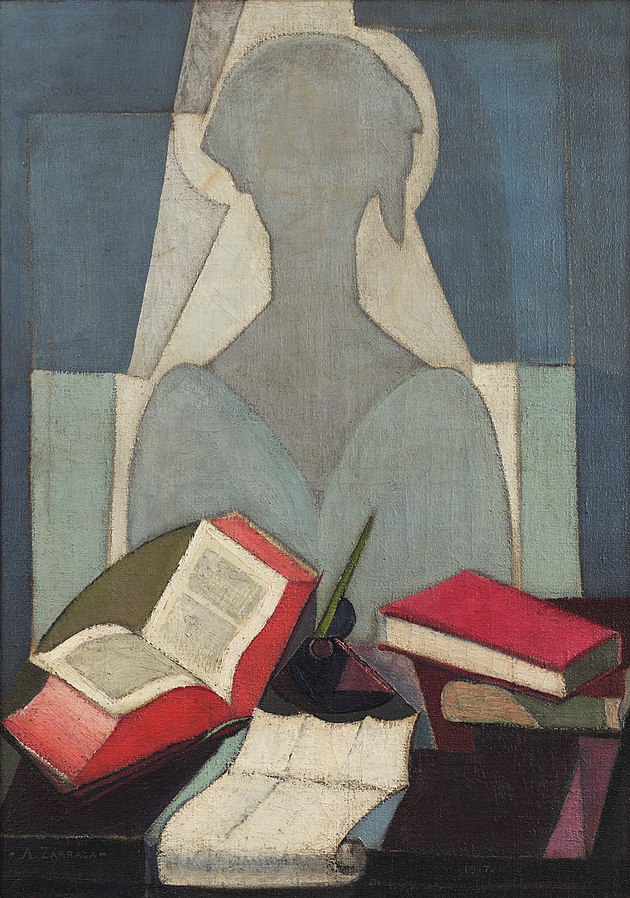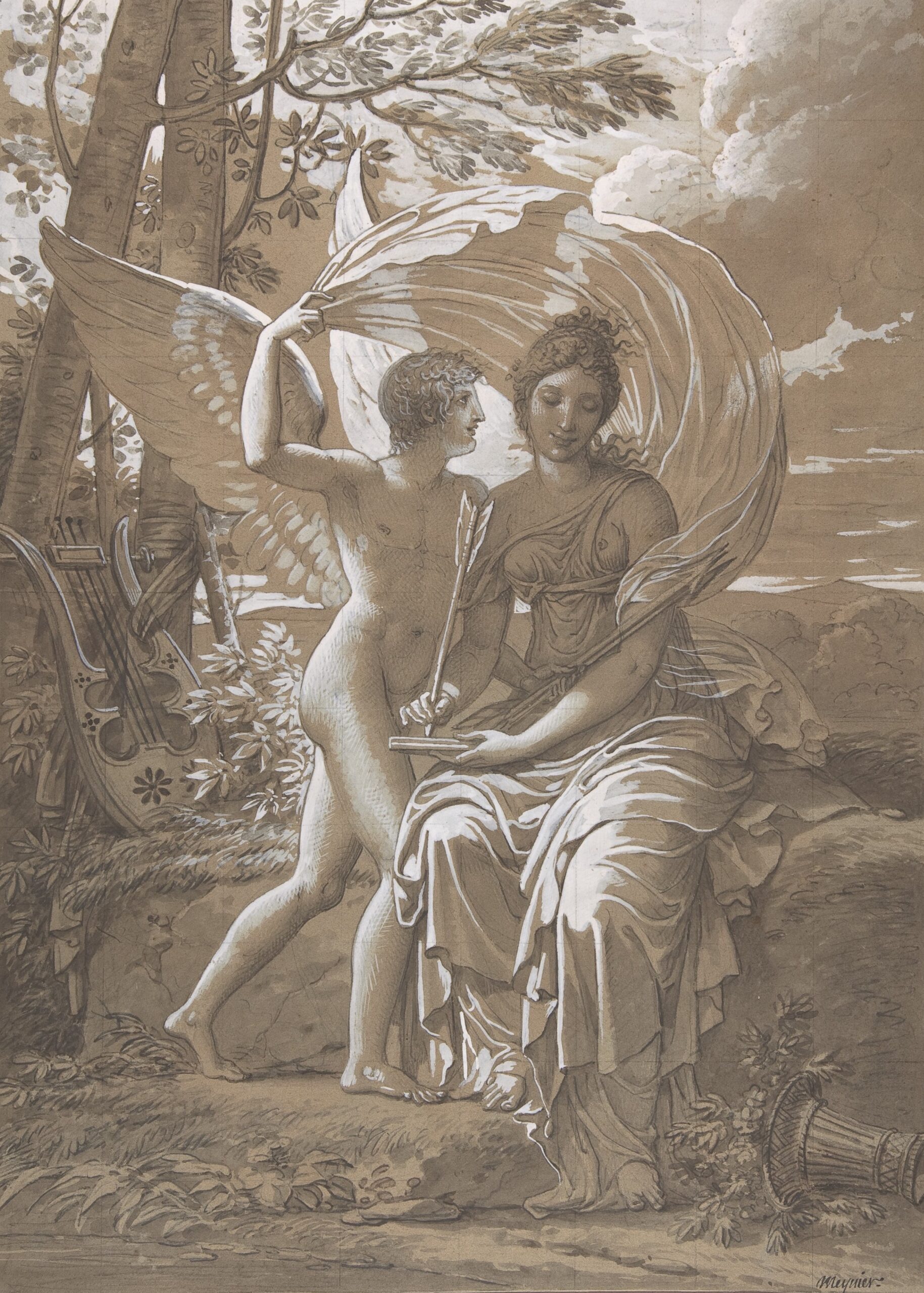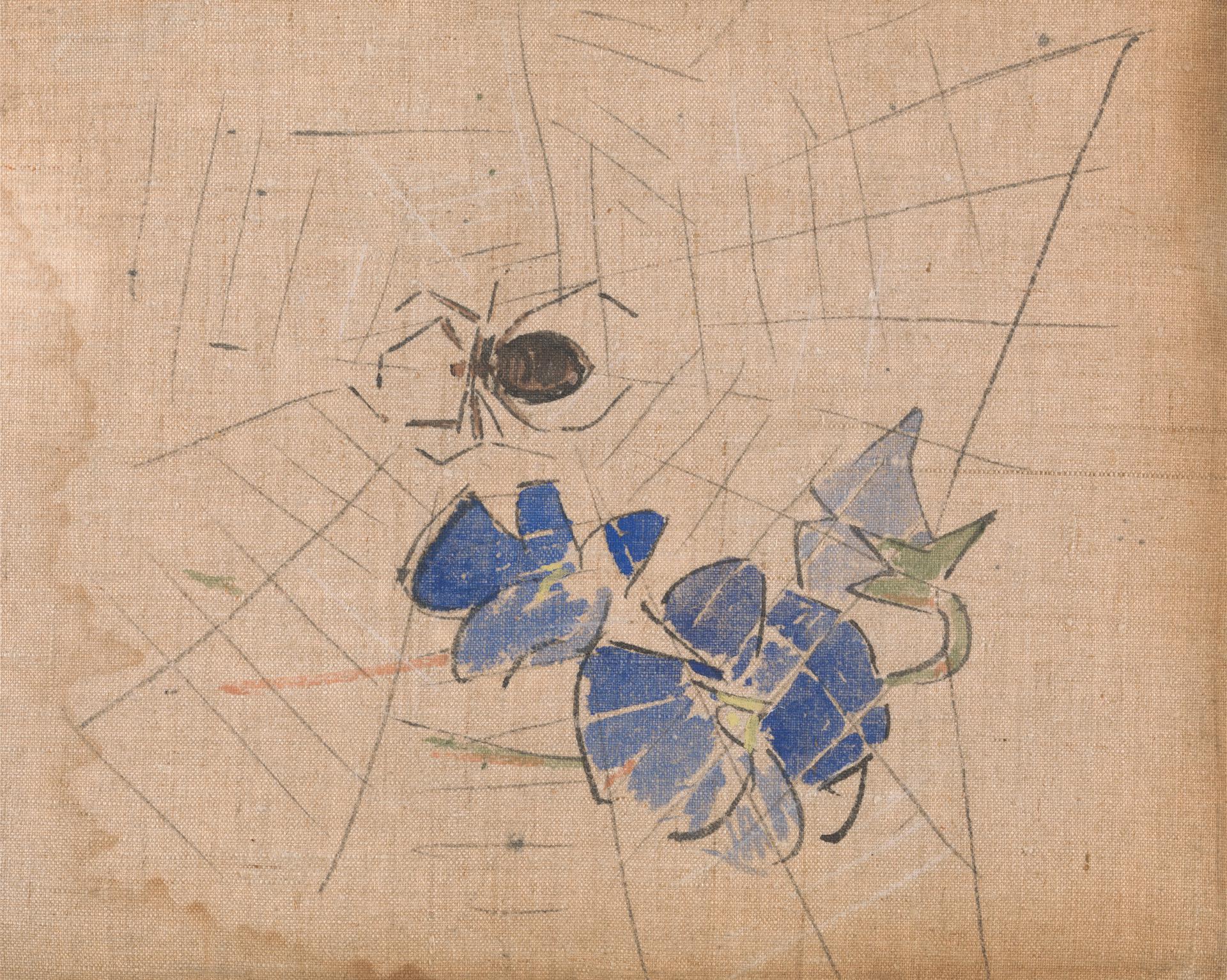Nasty book reviews compel our attention, summoning the cruel voyeur in everyone that derives pleasure from the pain of others. I mean a merciless excoriation, equal parts tragedy and comedy, a review that out-writes the writing in question and betrays the very real fun to be had at the expense of bad literature.
 Alas, such beatdowns are hard to find these days. I say this as a reader, writer, and editor of academic book reviews, in which most criticisms, even legitimate ones, are veiled, muted, or moderated. Reviews of popular literature too err on the side of generosity, following the unspoken code of authors to review others’ books as you would have them review yours — with obvious exceptions, for instance Michiko Kakutani’s review of Jonathan Franzen’s The Discomfort Zone, described as “an odious self-portrait of the artist as a young jackass: petulant, pompous, obsessive, selfish and overwhelmingly self-absorbed.” Generally, readers want decorum. If what you crave is vitriol, put down your Sunday Book Review, and proceed to the grandstanding and hobby-horsing of readers’ online forums.
Alas, such beatdowns are hard to find these days. I say this as a reader, writer, and editor of academic book reviews, in which most criticisms, even legitimate ones, are veiled, muted, or moderated. Reviews of popular literature too err on the side of generosity, following the unspoken code of authors to review others’ books as you would have them review yours — with obvious exceptions, for instance Michiko Kakutani’s review of Jonathan Franzen’s The Discomfort Zone, described as “an odious self-portrait of the artist as a young jackass: petulant, pompous, obsessive, selfish and overwhelmingly self-absorbed.” Generally, readers want decorum. If what you crave is vitriol, put down your Sunday Book Review, and proceed to the grandstanding and hobby-horsing of readers’ online forums.

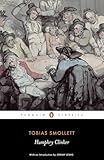
 It was not always thus. In eighteenth-century Britain, as the market for print expanded, with more readers and writers and more books than ever before, a new generation of critics emerged to hold the gate against unlettered barbarians. Tobias Smollett, who helmed The Critical Review from 1756 to 1763, never minced words in his judgment of whether a particular text was worth the paper it was printed on. A serious novelist in his own right, Smollett was famously cranky and combative, earning the nickname “learned Smelfungus” from another serious novelist, Laurence Sterne. In his fiction (Roderick Random, Peregrine Pickle, Ferdinand Count Fathom, Launcelot Greaves, Humphry Clinker), Smollett was a master of ugly and violent comedy at a time when, as Simon Dickie writes, “Britons — or a high proportion of them — openly delighted in the miseries of others,” a time when people “laughed at cripples and hunchbacks…tormented lunatics and led blind men into walls…beat their servants and scoffed at the hungry peasants who crouched along the road outside every major town.” This was a hard-nosed, hard-knuckled era — in life, in literature, and especially in literary criticism.
It was not always thus. In eighteenth-century Britain, as the market for print expanded, with more readers and writers and more books than ever before, a new generation of critics emerged to hold the gate against unlettered barbarians. Tobias Smollett, who helmed The Critical Review from 1756 to 1763, never minced words in his judgment of whether a particular text was worth the paper it was printed on. A serious novelist in his own right, Smollett was famously cranky and combative, earning the nickname “learned Smelfungus” from another serious novelist, Laurence Sterne. In his fiction (Roderick Random, Peregrine Pickle, Ferdinand Count Fathom, Launcelot Greaves, Humphry Clinker), Smollett was a master of ugly and violent comedy at a time when, as Simon Dickie writes, “Britons — or a high proportion of them — openly delighted in the miseries of others,” a time when people “laughed at cripples and hunchbacks…tormented lunatics and led blind men into walls…beat their servants and scoffed at the hungry peasants who crouched along the road outside every major town.” This was a hard-nosed, hard-knuckled era — in life, in literature, and especially in literary criticism.
To read Smollett’s reviews is to see a man cutting to the chase, and often to the bone. Sometimes, we take his word, believing the pilloried writer a hack or a fool or a charlatan, now justly chastised. Other times, we laugh at the colorful grousing, at the striking generality of the complaints, their detail-free applicability to almost anything, not only any bad book but any bad person, bad group, bad institution. All Smollett needed, it seems, was a target for his wrath. And as the pages of the Review attest, targets abounded — many more, in fact, than Smollett alone could aim at, so others pitched in: Samuel Johnson, David Hume, and Oliver Goldsmith, to name a few. Specific reviewers remained anonymous, the better to create the impression of a unified voice, but writers of badly reviewed books tended to blame Smollett, returning their fire on him. It’s easy to understand that anger. Would you want your book called “a very trivial, insipid, injudicious and defective performance, without plan, method, learning, accuracy, or elegance; an unmeaning composition of shreds, rags, and remnants…a patched, a pie-bald, linsey-woolsey nothing”? (That was the assessment of a book called A New and Accurate History of South-America.)
Unlike writers, readers must have found plenty of entertainment, at least in the following cases:
1. “A puny, miserable reptile has here crawl’d into existence, happily formed to elude all attack by its utter insignificance: it is indeed no small mortification to our pride that we have been obliged to bestow even so much notice upon it, as this.” – review of The Fair Citizen; or the Real Adventures of Miss Charlotte Bellmour
2. “Every line of it betrays a consciousness of guilt and shame, while it promulgates the effrontery of the author. Like an impertinent cur that has been chastised for biting the heels of a traveller, he howls and yelps, to the disturbance of the whole neighborhood. Had there been less malignity in his address, we should have looked upon him with the eyes of compassion, and left him in obscurity to plunge from one blunder to another, and flounder on in meer despair: but there is such rancour mixed with his petulance, and so much low cunning used to disguise his ignorance, that he deserves no favour, and ought to be displayed in his true colours for the benefit of the public.” – response to the rebuttal of the initial review of Remarks on Aneurisms
3. “He that thinks he can extract entertainment from an extravagant rhapsody composed of nonsense, treason, and vulgar abuse may lay out two shillings in the purchase of this pamphlet.” – review of Memoirs of the Principle Transactions of the Last War between the English and French in North America
4. “A spout that flows with a very insipid beverage! The author is very little indebted to the friends, who, he says, encouraged and assisted him in this meagre production; which is as void of spirit, amusement, and contrivance, as any piece we have ever seen offered to the public.” – review of The Spouter; or the Double Revenge
5. “The authors of the CRITICAL REVIEW are very sorry to find themselves engaged in a kind of quarrel with a very dull and scurrilous writer, who, like many other grubs, has smarted from their animadversions. A man of any character would avoid such a contest, as carefully as he would shun a scuffle with a chimney-sweeper; for, how severely soever he may chastise his antagonist, the dispute itself is disgraceful, and he may chance to carry off some of the smut that so liberally sticks to his opponent.” – response to the rebuttal of the initial review of The Fortunate Villager; or, Memoirs of Sir Andrew Thompson
This last passage runs on (and on), taking up a page and a half, because Smollett himself, like his opponent, couldn’t “avoid such a contest.” He rolled around in the muck with the unfortunate writer of The Fortunate Villager, dirt and smut be damned. For one review, in 1760, Smollett was convicted of seditious libel, fined £100, and sentence to three months in prison.
We should go easy on him, though. The Critical Review was politically conservative, but its purpose was to give notice, however brief, of everything off the presses, good, bad, or atrocious — which is why that “miserable reptile” didn’t “elude all attack.” Paying attention to so much dreck was a noble and certainly an arduous endeavor, one that required patience, and in 1761 we find a complaint about “all the complicated assaults of dullness…whose progeny spring up like the dragon’s teeth which Cadmus sowed; whose heads, like those of the Hydra, are no sooner mowed down, than they reanimate as it were under the scythe, with the most astonishing increase.”
Nevertheless, Smollett and company recognized good writing and praised it, whatever the genre; in fact they often overpraised books that probably didn’t deserve it. What’s more, other periodicals, then and later, could be equally severe. The Monthly Catalogue, for instance, ran a review of The Fair Citizen that concluded, “one good pudding is worth fifty modern romances.” And decades later, Francis Jeffrey, editor of the prestigious Edinburgh Review, famously began a trenchant write-up of William Wordsworth’s “The Excursion” by stating simply, “This will never do.” Jeffrey ended by arguing, “The case of Mr. Wordsworth, we perceive, is now manifestly hopeless, and we give him up as altogether incurable, and beyond the power of criticism.”
Not until the middle of the nineteenth century was this sort of treatment widely frowned upon. Gradually, the work of the critic was professionalized; universities came to accept literary criticism as a discipline. Book reviews became more polite and reflective.
Lucky for us, though, Smollett’s battles are not lost to historical obscurity. The Critical Review is digitized and available on Google Books: search it for such flinty adjectives as “preposterous,” “insufferable,” and “execrable,” or simply drop in anywhere for the flavor of the literature and literary criticism of a less polite time. And thank Smollett for getting so dirty that readers might remain clean, not to mention amused.
Image credit: Wikipedia
